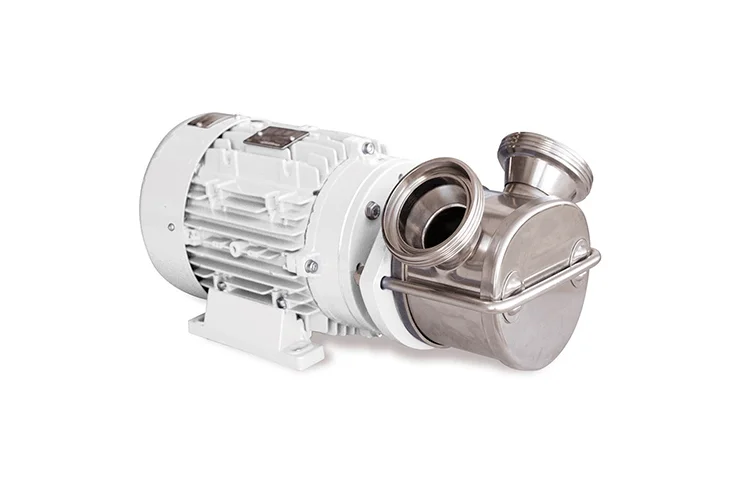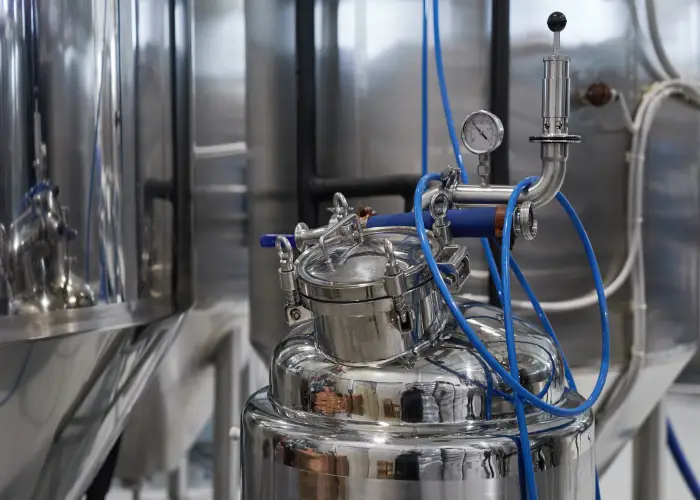Do you know centrifugal pumps in depth: symbology, technical indications and safety tips? In the following article, we at InoxMIM will detail the most important elements that you should take into consideration.
The chemical, cosmetics, and food industry sectors use centrifugal pumps in their mechanical processes. These pumps require a suitable maintenance plan that allows them not only to extend their useful life and achieve efficiency in their operation, but also to save costs for the company in costly repairs.

Detecting centrifugal pump failures and carrying out preventive maintenance in a timely manner is essential for the normal operation of today’s industry. Implementing a maintenance plan for centrifugal pumps can prevent downtime in the operation of all or part of the plant.
When a company chooses preventive maintenance of centrifugal pumps, it benefits from reduced costs because the pumping equipment, in good condition, will require less repair in the future.
However, before performing this type of maintenance, it is necessary to consider that the performance and efficiency of the pump can be affected by the system in which it is installed and that the total efficiency of a centrifugal pump is the product of mechanical, volumetric and hydraulic efficiencies added together.
What are centrifugal pumps
Centrifugal pumps are a type of hydraulic pumps that transform mechanical energy into kinetic energy of pressure to a fluid. Centrifugal pumps increase the velocity of fluids so that they can travel long distances.
What aspects should be considered in a maintenance plan for centrifugal pumps?

Before checking the important points in a proper maintenance plan, the centrifugal pump’s environment, i.e. in which environment it is operating and how much it is exposed to, should be considered. This will help determine its performance, reliability, and efficiency.
To know the efficiency of the centrifugal pump that is already installed, mechanical, volumetric and hydraulic efficiency must be considered, the latter being the most essential factor in determining the overall efficiency. Among the activities for the correct maintenance of the centrifugal pump are the verification of gaskets and mechanical seals that will prevent leaks. In addition, it is significant to check the correct operation of the motor.
In ideal conditions, centrifugal pumps can operate indefinitely. Under adverse conditions, they often break down. For example, if the fluid being pumped is corrosive or contains abrasives, the pump will require more maintenance than is required under more favourable conditions. However, the life of any pump can be extended by proper maintenance procedures.
Why do centrifugal pumps fail
Most premature damage to a pump is caused by contamination, incorrect lubrication or alignment problems.
Routine operating checks on centrifugal pumps
The following circumstances generally require a daily check:
What should be done at the weekly checks?
Rely on InoxMIM technology and experience
If you are interested in our catalogue of centrifugal pumps, just contact us. Our team will advise and guide you on the models we have available and the attributes and singularities of each one of them.
We are convinced that at InoxMIM you will find the ideal centrifugal pump for your production plant. Trust in our experience and we will not let you down. Call us on +34 972 58 20 40 or write to us at inoxmim@inoxmim.com. We will be pleased to help you!




